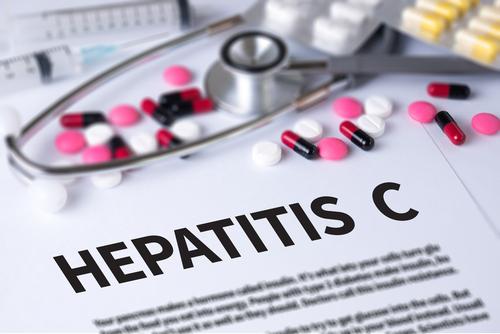
Eight-week treatment with glecaprevir plus pibrentasvir is effective for chronic infections of hepatitis C virus (HCV) of genotypes 1–6, without substantial safety concerns, a recent study has found.
Of the 343 patients enrolled (median age, 58 years; 63 percent male), majority had the genotype 1 infection (67 percent). The median HCV RNA level was 6.3 log10 IU/mL. Eight patients were excluded from the per-protocol analysis. The primary outcome was efficacy, defined as the sustained virological response 12 weeks after treatment (SVR12).
In the per-protocol population, the SVR12 rate was 100 percent in patients with all HCV genotypes. This was slightly lower in the intention-to-treat analysis but was nevertheless high (98.2 percent). Notably, the lower bound of the 95 percent confidence intervals (CI) for all SVR12s exceeded predefined historical efficacy thresholds.
For instance, the threshold for the per-protocol analysis was 94 percent while the lower CI bound in the present study was 98.6 percent. The corresponding values for the intention-to-treat population were 93 percent and 96.7 percent, respectively.
The combo treatment was also relatively safe. Though almost half (46 percent; n=158) of the participants developed treatment-emergent adverse events, most were of grade 1 severity. There were no discontinuations or deaths due to adverse events.
“Based on the results of this study, glecaprevir/pibrentasvir for 8 weeks is now approved for the treatment of treatment-naïve patients with compensated cirrhosis,” said researchers. “Shortening treatment duration in this population may support efforts to simplify the HCV care pathway, furthering the progress towards HCV elimination.”